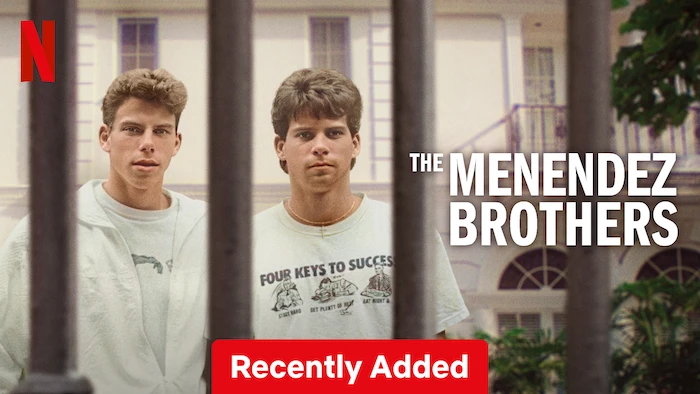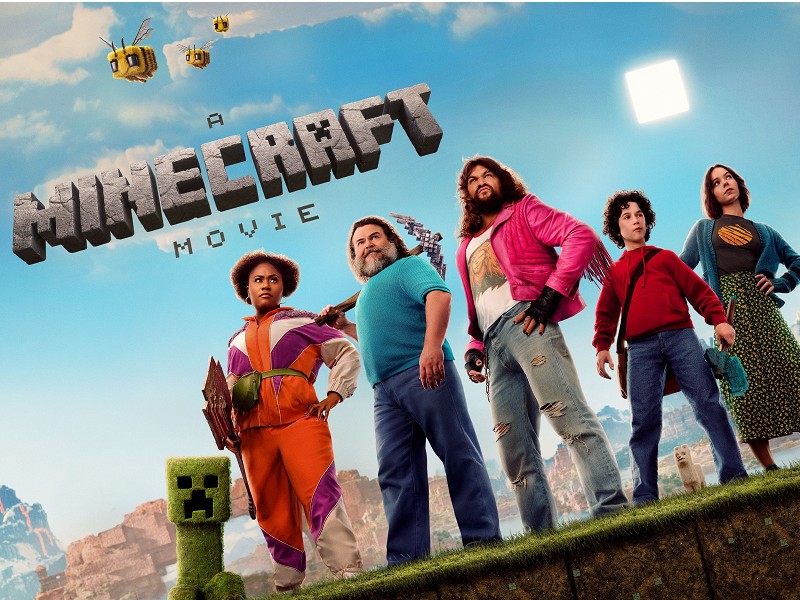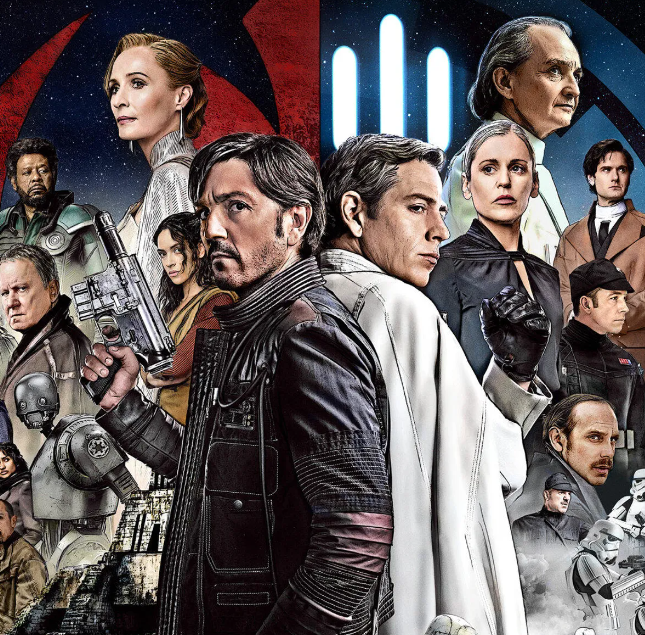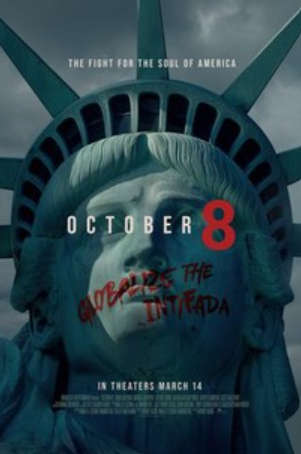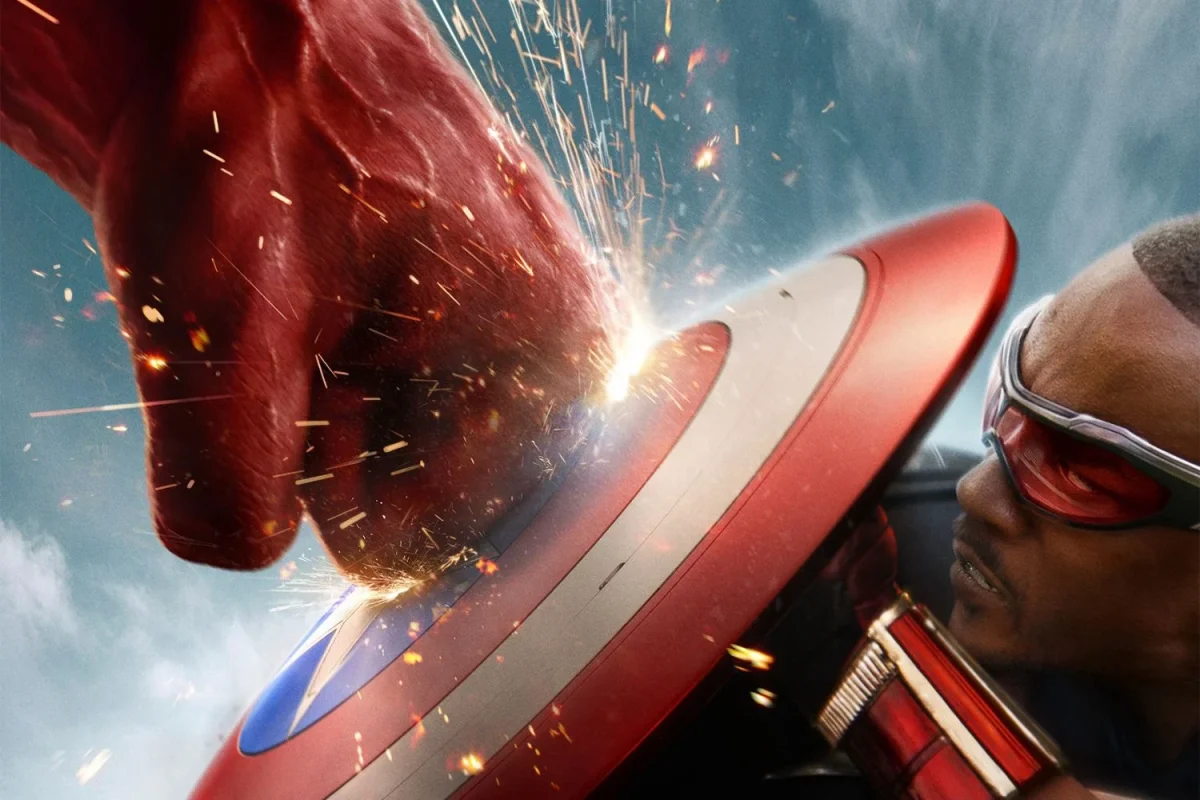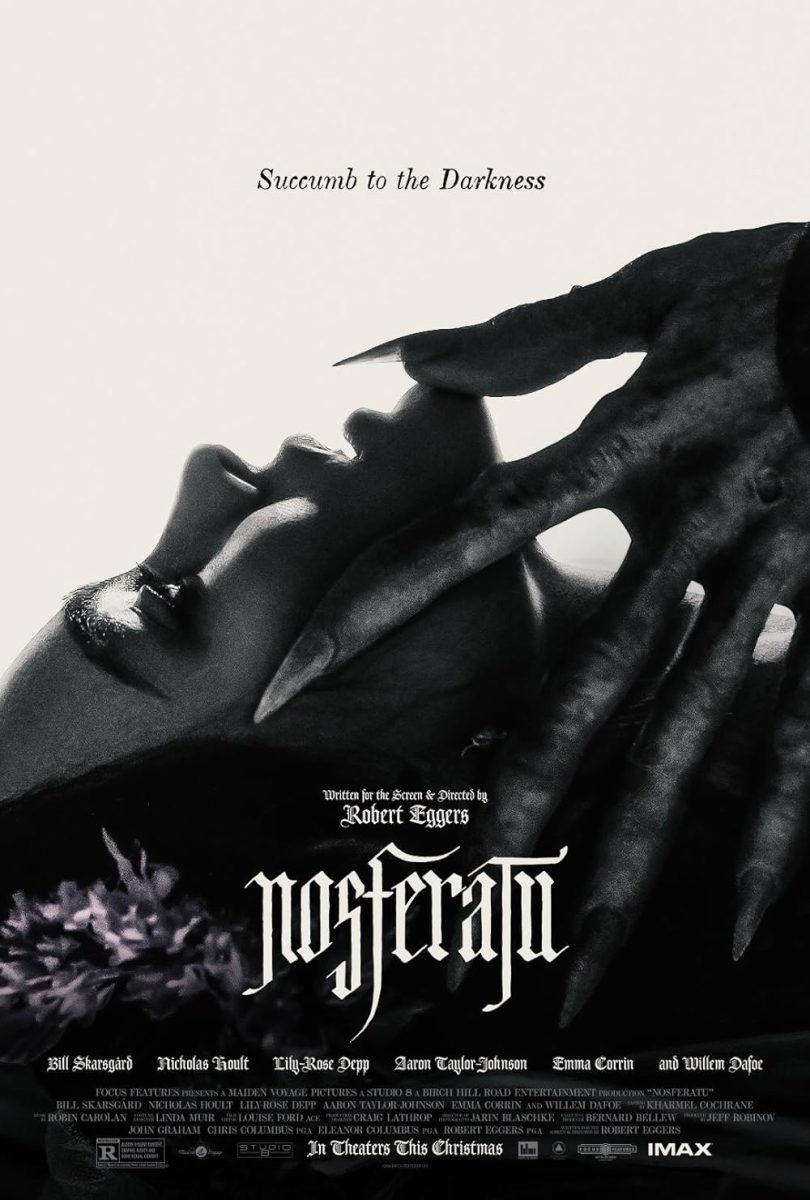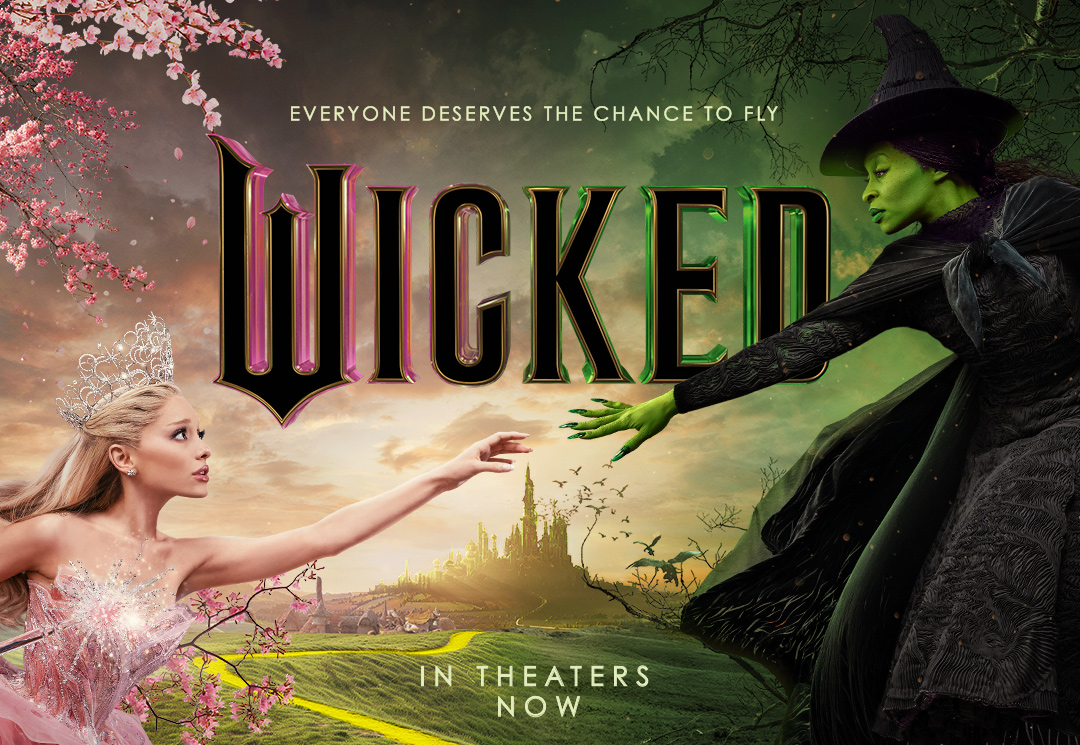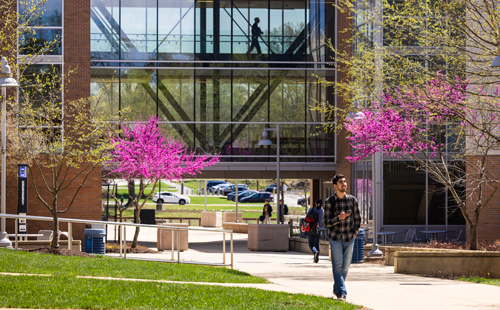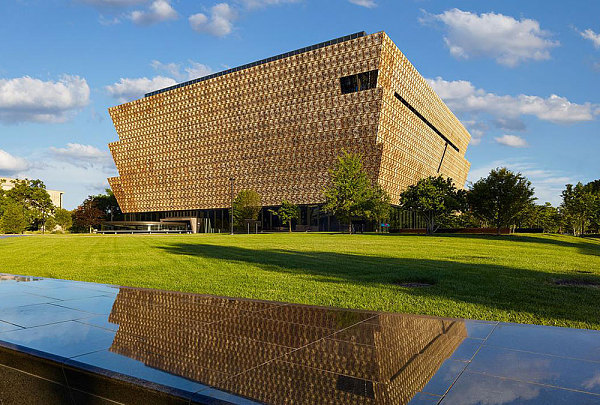Murder. Controversy. Documentary. Two years ago it was Jeffrey Dahmer. Now, the Menendez Brothers have taken TikTok by storm. Widespread attention was drawn to the Menendez case following the release of Ryan Murphy’s “Monsters: The Lyle and Erik Menendez Story,” a dramatization of the brothers’ 1989 murder of their parents, Jose and Kitty Menendez, that has received heavy criticism from viewers and the siblings themselves. On Oct. 7, 2024 Netflix released “The Menendez Brothers Documentary,” a true crime film that has allowed Erik and Lyle Menendez to have their say.
The documentary features snippets from several hours of exclusive phone interviews with the Menendez brothers as they serve the 34th year of their life sentences without parole, making this the first time they have told their story together in nearly three decades. The documentary features interviews with people close to the case including the brothers’ cousin and aunt, the prosecutor of their first trial, Pamela Bozanich, as well as numerous journalists, jurors and defense specialists assigned to the case. Although two crucial pieces of evidence were left out, the film does a nice job of piecing together and articulating the story of the Menendez murder, deftly providing a multi-faceted approach to the brothers’ upbringing, killings and trials.
The documentary begins with the chilling 911 phone call at approximately 11:47 p.m. on Sunday, Aug. 20, 1989, in which Lyle Menendez reported the shooting of his parents. A combination of news and police interviews from the minutes and hours following the crime, in addition to modern-day interviews with people present at the time, are used to describe the murders in detail. The timeline leading to Lyle and Erik’s arrests after months of suspicion is then recounted as well as the early media obsession with their case that was portrayed as a “sensational crime of privilege.”
The viewers are then guided through the brothers’ first trials in which the brothers were tried separately and both the defense and prosecution’s arguments are presented. Here, the documentary describes the emotional turmoil the brothers were experiencing and expounds upon the brothers’ claims that their father, Jose Menendez, sexually abused them since they were small children; a claim that has been proven with substantial evidence. Both witness testimonies at the time of the trials as well as present-day interviews with the brothers and family members are utilized to tell their story.
There was no doubt that the brothers had committed the murders and thus many viewers may wonder what the defense could even argue. However, the documentary does a phenomenal job at explaining what the trial was truly about: determining the severity of their sentence due to the motive and classification of the crime. The defense argued that the brothers had killed their parents in an act of “imperfect self-defense”, meaning they honestly, but unreasonably, believed that their parents would kill them and should thus be charged with voluntary manslaughter. The years of sexual, physical and emotional abuse by their parents were used as evidence of this motive. The prosecution on the other hand argued that the brothers planned and committed the murder of their parents because they wanted their parent’s fortune and should therefore be charged with first degree murder.
Jurors from the trial then reflect on their experience on the Menendez brothers’ jury and their reactions to hearing the arguments presented. Interestingly enough, all the female jurors voted for voluntary manslaughter while all the male jurors pushed for first-degree manslaughter. The disagreement among the jurors resulted in a hung jury and subsequently a mistrial, meaning the brothers would be charged again.
The documentary delves into the brothers’ second trial in which they were tried together, the charge of manslaughter was taken off the table and many witnesses who were critical of Jose Menendez were not allowed to testify by the presiding judge. Without an alternative to first-degree murder, jurors had no choice but to charge the brothers with this crime in addition to conspiracy to murder and they were ultimately given life sentences without the chance for parole, a fact that is regrettably relayed by a juror in the documentary.
Although Pamela Bozanich, the lead prosecutor in the first trial against the Menendez brothers, is interviewed in the documentary, neither Jill Lansing, Lyle’s attorney in the first trial, nor Leslie Abramson, Erik’s attorney in the first trial and both brothers’ attorney in the second trial, agreed to be interviewed. Although not the fault of the director, this does seem to leave a hole in the description of the trials that are then filled by comments from defense specialists, the brothers and old interviews and clips from the time of the trials. The film ends with a written statement by Leslie Abramson that reads “30 years is a long time. I’d like to leave the past in the past. No amount of media, nor teenage petitions will alter the fate of these clients. Only the court can do that and they have ruled.”
Notably absent from the documentary are two crucial pieces of evidence in favor of the brothers that have recently surfaced: a recently discovered letter written by 18-year-old Erik Menendez to his cousin describing his father’s abuse and new testimony by Roy Rosello, a former member of the boy band Menudo, that Jose Menendez drugged and raped him in 1984. While the film does not mention these revelations, the new evidence may play a part in the brothers’ ongoing fight for freedom.
“The Menendez Brothers Documentary” is an interesting watch for anyone who wants to learn more about this heartbreaking case. The film is great for all viewers, both with and without prior knowledge, as it masterfully explains the murders and trials and is sure to leave one learning something new.


